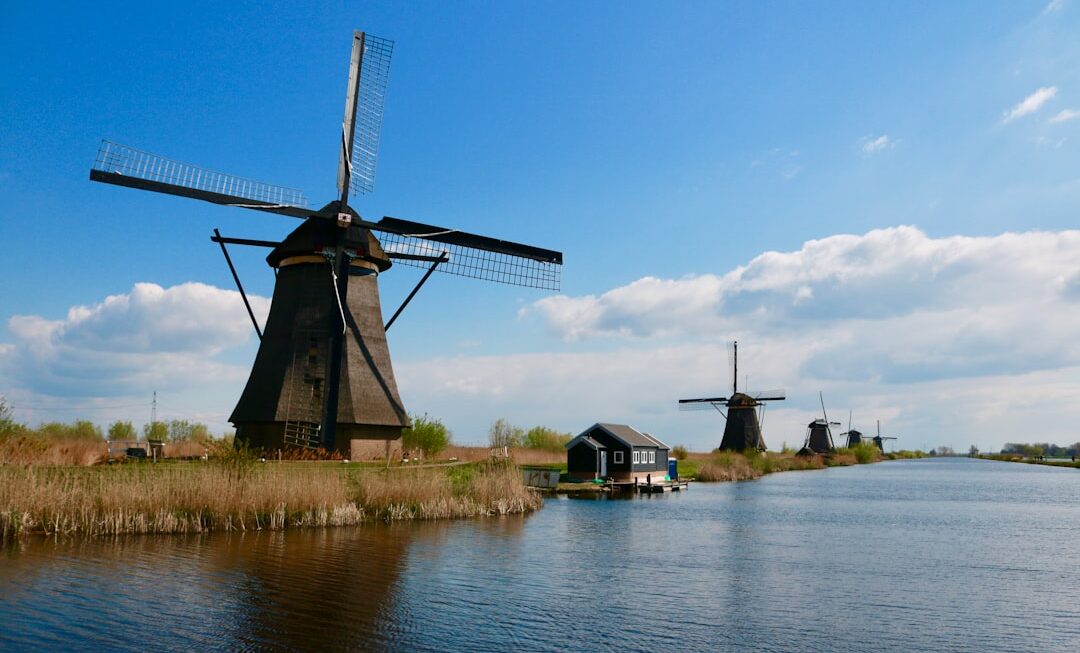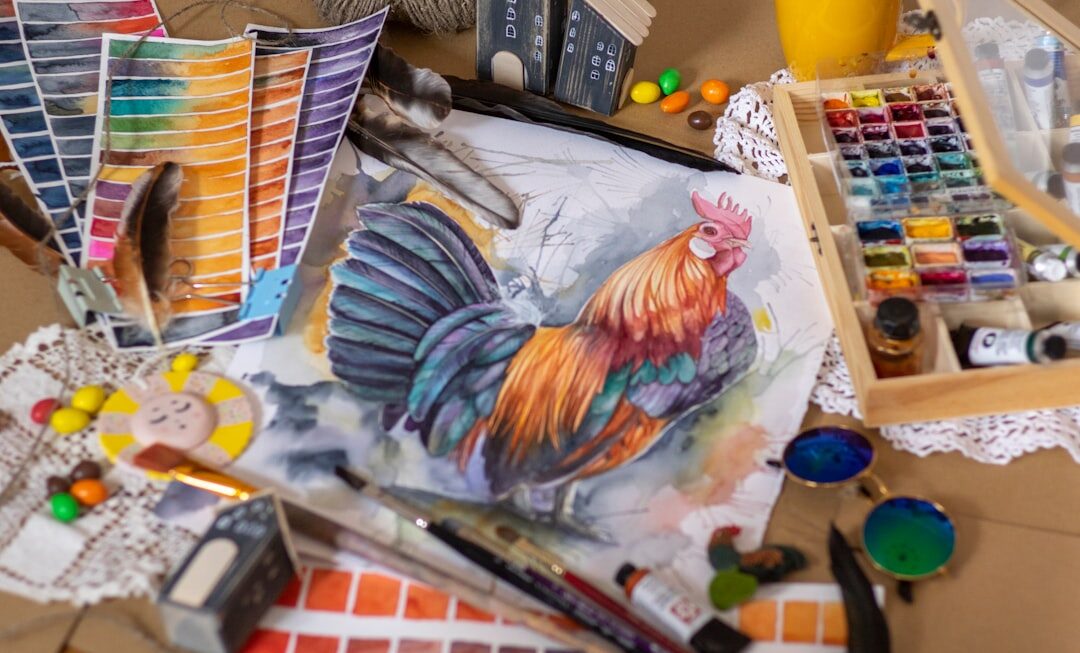Don Quijote, written by Miguel de Cervantes in the early 17th century, has left an indelible mark on literature and popular culture. The novel tells the story of a middle-aged man who becomes obsessed with chivalric romances and sets out on a series of misadventures as a self-proclaimed knight-errant, accompanied by his loyal squire, Sancho Panza. Don Quijote’s legacy lies in its exploration of the human condition, its timeless themes, and its enduring influence on adventure literature.
Cervantes’ masterpiece has had a lasting impact on literature, inspiring countless adaptations, reimaginings, and tributes. The novel’s exploration of the line between reality and fantasy, the nature of heroism, and the power of imagination has resonated with readers for centuries. Don Quijote’s legacy can be seen in the countless works of literature, art, and film that have been influenced by its themes and characters. The novel’s enduring popularity is a testament to its universal appeal and its ability to speak to readers across time and cultures.
Key Takeaways
- Don Quijote’s legacy continues to inspire and influence literature and popular culture.
- Don Quijote’s influence on adventure literature can be seen in the portrayal of idealistic and chivalrous characters.
- Modern-day characters and stories often embody the quixotic spirit of Don Quijote, pursuing noble quests despite the odds.
- Satire plays a significant role in modern adventure literature, often using humor to critique and subvert traditional heroic tropes.
- Don Quijote’s impact on the hero’s journey is evident in the portrayal of characters who embark on transformative quests and face inner and outer challenges.
- The quixotic ideal has evolved in contemporary literature, reflecting a more nuanced and complex understanding of idealism and heroism.
- Don Quijote’s influence on genre blending in modern adventure stories has led to the creation of innovative and diverse narratives that defy traditional literary boundaries.
Don Quijote’s Influence on Adventure Literature
Don Quijote’s influence on adventure literature is undeniable. The novel’s exploration of the theme of the quest, the hero’s journey, and the clash between idealism and reality has had a profound impact on the genre. The character of Don Quijote himself has become an archetype for the flawed hero, driven by noble ideals but ultimately undone by his own delusions. This archetype has been echoed in countless adventure stories, from classic literature to modern popular culture.
The novel’s exploration of the theme of adventure as a journey of self-discovery has also left a lasting mark on the genre. Don Quijote’s quest for glory and honor is ultimately a quest for meaning and purpose, a journey that resonates with readers across time and cultures. The novel’s influence can be seen in the countless adventure stories that have followed in its wake, from classic tales of heroism to modern-day blockbusters. Don Quijote’s legacy as a foundational text in adventure literature is a testament to its enduring relevance and power.
The Modern-Day Quixote: Characters and Stories
The legacy of Don Quijote can be seen in the modern-day Quixote characters and stories that continue to captivate audiences. From classic literature to contemporary popular culture, the archetype of the Quixotic hero has endured, reflecting the timeless appeal of Cervantes’ masterpiece. Modern-day Quixote characters often embody the same spirit of idealism and adventure as Don Quijote himself, embarking on quests that test their courage, honor, and resilience.
One example of a modern-day Quixote character is Harry Potter, the protagonist of J.K. Rowling’s beloved series. Like Don Quijote, Harry Potter is driven by a sense of duty and honor, embarking on a quest to defeat evil and protect the innocent. His journey is marked by moments of triumph and tragedy, echoing the themes of heroism and self-discovery found in Cervantes’ novel. Another example is Frodo Baggins from J.R.R. Tolkien’s The Lord of the Rings, whose quest to destroy the One Ring mirrors Don Quijote’s own quest for glory and honor.
The Role of Satire in Modern Adventure Literature
The role of satire in modern adventure literature owes much to the legacy of Don Quijote. Cervantes’ novel is renowned for its satirical take on chivalric romances and the idealized notions of heroism that they perpetuated. This tradition of using satire to critique and subvert traditional adventure tropes has continued in modern literature, with authors using humor and irony to challenge established conventions and explore new perspectives on heroism and adventure.
One example of modern adventure literature that employs satire is Terry Pratchett’s Discworld series. Set in a fantastical world filled with magic and mythical creatures, the series uses humor and satire to deconstruct traditional fantasy tropes and explore contemporary issues. Pratchett’s work reflects the influence of Don Quijote in its subversive take on heroism and adventure, offering a fresh perspective on familiar themes. Another example is Douglas Adams’ The Hitchhiker’s Guide to the Galaxy, which uses satire to critique science fiction conventions and offer a humorous take on the hero’s journey.
Don Quijote’s Impact on the Hero’s Journey
Don Quijote’s impact on the hero’s journey can be seen in its enduring influence on adventure literature. The novel’s exploration of the theme of the quest as a journey of self-discovery has shaped the way that heroes are portrayed in literature and popular culture. The character of Don Quijote himself embodies the spirit of the flawed hero, driven by noble ideals but ultimately undone by his own delusions. This archetype has been echoed in countless adventure stories, from classic tales of heroism to modern-day blockbusters.
The hero’s journey as depicted in Don Quijote reflects universal themes of courage, honor, and resilience that continue to resonate with readers across time and cultures. The novel’s impact on the hero’s journey can be seen in the countless works of literature, art, and film that have been influenced by its themes and characters. From classic literary heroes to modern-day protagonists, the legacy of Don Quijote continues to shape our understanding of what it means to be a hero.
The Evolution of the Quixotic Ideal in Contemporary Literature

The evolution of the Quixotic ideal in contemporary literature reflects the enduring relevance of Don Quijote’s legacy. Modern authors continue to explore themes of idealism, adventure, and self-discovery through characters and stories that echo the spirit of Cervantes’ masterpiece. The Quixotic ideal has evolved to encompass a diverse range of protagonists, from classic literary heroes to modern-day adventurers who embark on quests that test their courage, honor, and resilience.
One example of the evolution of the Quixotic ideal is seen in contemporary young adult literature, where protagonists often embody the same spirit of idealism and adventure as Don Quijote himself. Characters such as Katniss Everdeen from The Hunger Games series by Suzanne Collins or Percy Jackson from Rick Riordan’s novels embody the Quixotic ideal as they navigate their own quests for justice, freedom, and self-discovery. These characters reflect the enduring appeal of Cervantes’ masterpiece and its ability to inspire new generations of readers.
Don Quijote’s Influence on Genre Blending in Modern Adventure Stories
Don Quijote’s influence on genre blending in modern adventure stories reflects its enduring impact on literature and popular culture. The novel’s exploration of the line between reality and fantasy has inspired authors to experiment with blending different genres to create fresh and innovative narratives. This tradition of genre blending can be seen in contemporary adventure literature, where authors combine elements of fantasy, science fiction, mystery, and romance to create rich and immersive storytelling experiences.
One example of genre blending influenced by Don Quijote is Neil Gaiman’s American Gods, which combines elements of fantasy, mythology, and road trip adventure to create a unique narrative that challenges traditional genre boundaries. Gaiman’s work reflects the influence of Cervantes’ masterpiece in its exploration of the clash between reality and fantasy, offering readers a fresh perspective on familiar themes. Another example is Lev Grossman’s The Magicians series, which blends elements of fantasy with coming-of-age drama to create a compelling narrative that reflects the timeless appeal of Cervantes’ masterpiece.
In conclusion, Don Quijote’s legacy continues to shape adventure literature in profound ways. From its enduring influence on the hero’s journey to its impact on genre blending and satire, Cervantes’ masterpiece remains a foundational text that continues to inspire new generations of readers and writers. The novel’s exploration of universal themes such as courage, honor, and resilience has ensured its enduring relevance across time and cultures, making it a timeless classic that continues to captivate audiences around the world.
Sure, here’s a paragraph that mentions a related article to Don Quijote and includes a link to the website:
“Are you a fan of Don Quijote and looking for some inspiration for your next adventure? Check out this insightful article on govtjobsidea.com that explores the enduring legacy of Don Quijote and its impact on literature and culture. Discover how this timeless tale continues to captivate readers and inspire new generations with its themes of chivalry, imagination, and the pursuit of noble ideals. Whether you’re a literary enthusiast or simply seeking some thought-provoking reading material, this article is sure to pique your interest.”
FAQs
What is Don Quijote ad?
Don Quijote ad is an advertising campaign by the Japanese discount store Don Quijote, also known as Don Don Donki, which has gained popularity for its quirky and humorous approach to advertising.
What is the concept behind the Don Quijote ad campaign?
The Don Quijote ad campaign is known for its offbeat and humorous approach, often featuring surreal and unexpected scenarios. The ads aim to capture the attention of viewers and create a memorable impression of the brand.
Where can the Don Quijote ad campaign be seen?
The Don Quijote ad campaign can be seen in various media, including television commercials, online videos, and social media platforms. The ads have gained a following both in Japan and internationally.
What makes the Don Quijote ad campaign unique?
The Don Quijote ad campaign stands out for its unconventional and entertaining approach to advertising. The ads often feature a mix of humor, creativity, and a touch of absurdity, which has resonated with audiences.
Has the Don Quijote ad campaign been successful?
Yes, the Don Quijote ad campaign has been successful in capturing the attention of viewers and creating a strong brand identity for the discount store. The ads have contributed to the company’s popularity and expansion both in Japan and overseas.



